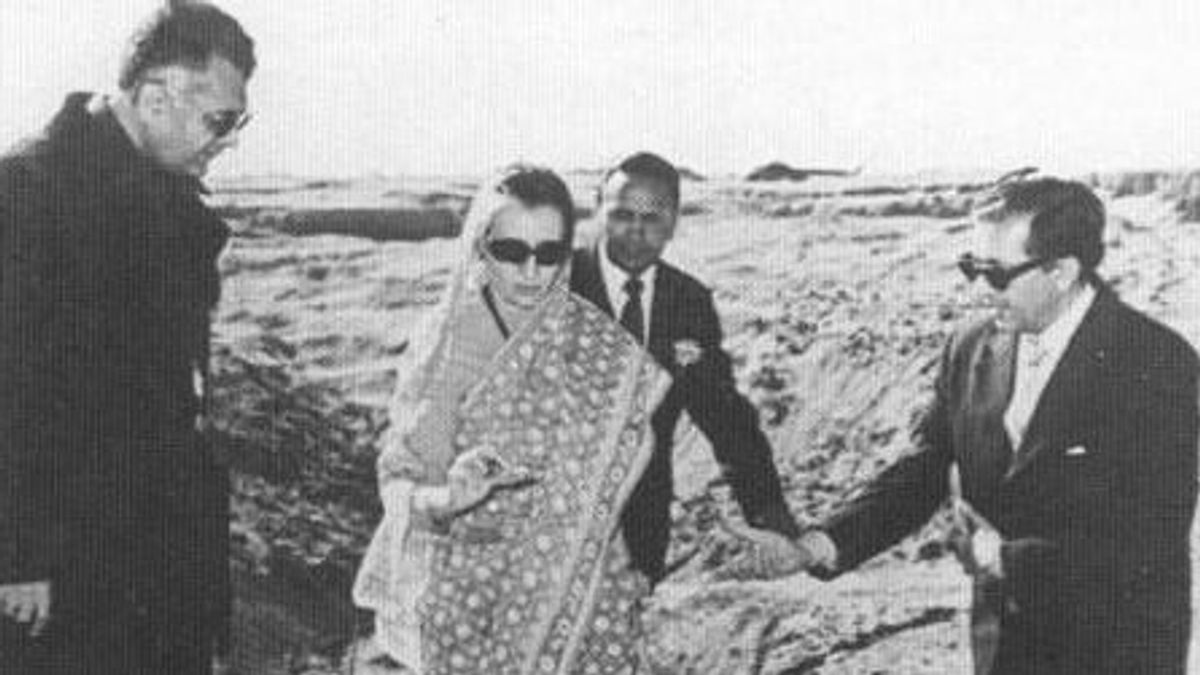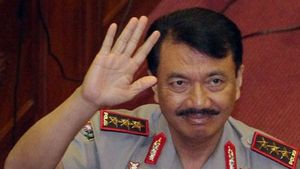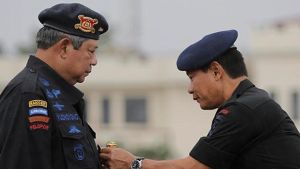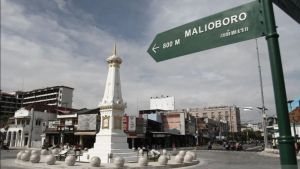JAKARTA - On May 18, 1974, India conducted its first nuclear test at Pokhran, Rajasthan. The launch project was named 'Smiling Buddha' because it coincided with Buddha's birthday in the country.
Indian Prime Minister (PM) Indira Gandhi received a 'Buddha is smiling' message from scientists at the test site who were excited after the explosion. Citing the Global Zero website, the nuclear test made India the sixth nuclear power in the world.

India broke the nuclear monopoly of five members of the UN Security Council, namely the United States (US), the Soviet Union, Great Britain, China and France. Nuclear research began with the founding of Mumbai's Tata Institute of Fundamental Research in 1945, before the end of World War II.
The renowned physicist Homi J. Bhabha who is also known as the father of India's nuclear program helped found the Institute. He attended Cambridge University before World War II and studied with Nobel laureate physicist Niels Bohr.
World controversy
The decision to develop nuclear weapons in the early 1960s reflected India's experience as the world's largest non-nuclear country, where nuclear weapons were the guarantor of international status and power. The Sino-Indian War in 1962 changed India's expectations of its powerful allies, especially the US and the USSR.
At that time the US and the Soviet Union both focused on managing the Cuban Missile Crisis. The Sino-Indian war resulted in China taking control of the Aksai Chin region in South Asia, which remains a disputed territory to this day.
China's first nuclear test in 1964 contributed to India's growing sense of national insecurity, as did the 1965 war between India and Pakistan. Work on weapons designs - together with a campaign to sway Indian public opinion for nuclear development - began in 1965.
In 1974, after nearly a decade of development, the 'Smiling Buddha' trial was carried out. The test was approved at home, but on the other hand, the world is worried because finally a new country has joined the nuclear club.
The story of India's nuclear weapons program highlights the fatal contradiction that underlies nuclear politics. Although nuclear weapons are valued by countries that have them as the main guarantor of security and prestige, not a few countries are threatened by the existence of nuclear.
On 11 May 1998, India resumed nuclear tests. The trials caused international outrage. Meanwhile, neighboring India, Pakistan carried out its first nuclear test on May 28, 1998.
The trials prompted a prolonged conflict between the two countries, escalating the decades-long conflict over Kashmir. The conflict culminated in February 2019, when India dropped conventional bombs on Pakistani territory in retaliation for terrorist attacks carried out in Indian-claimed Kashmir.
* Read other information about WORLD HISTORY or read other interesting writings from Putri Ainur Islam.
TODAY'S HISTORY OthersThe English, Chinese, Japanese, Arabic, and French versions are automatically generated by the AI. So there may still be inaccuracies in translating, please always see Indonesian as our main language. (system supported by DigitalSiber.id)










